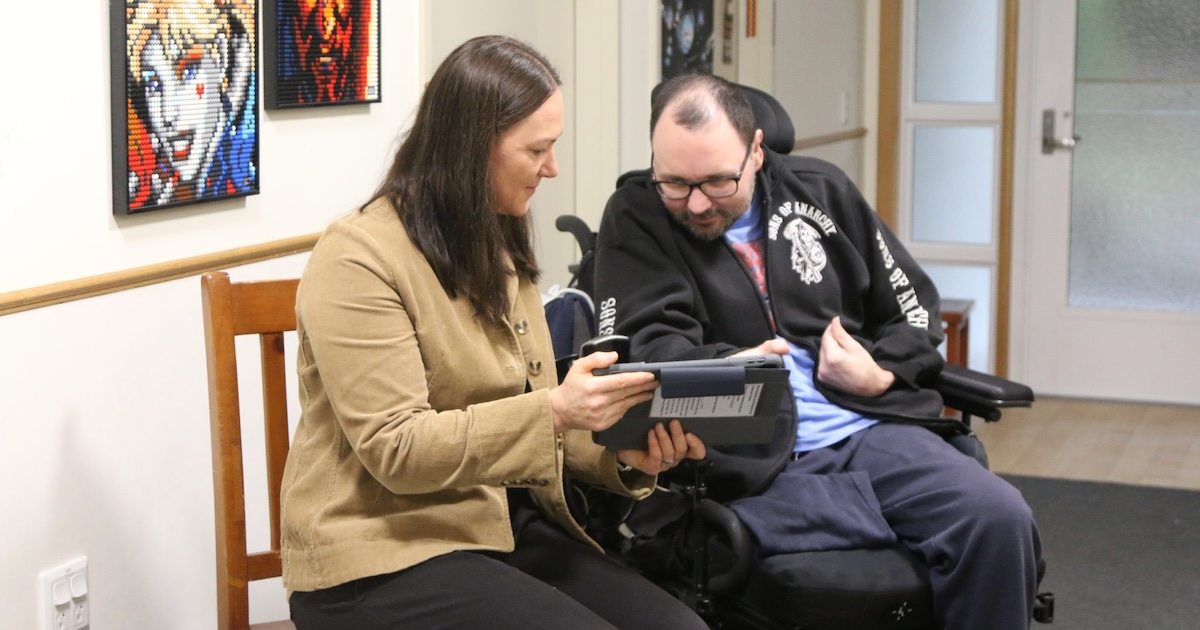A team of scientists from the Garvan Institute of Medical Research has released the results of a study, which streamlined the discovery of specialized immune cells that can help fight cancer.
The researchers used a method called Repertoire and Gene Expression by Sequencing, or RAGE-seq, to "scan" for relevant immune cell receptors from among more than 7,000 cells found in a tumour and associated lymph node of a breast cancer patient.
The research team's approach combined four different genomic technologies from Oxford Nanopore Technologies, 10X Genomics, Illumina and CaptureSeq to build a sort of cellular barcode tracker.
By scanning these receptors simultaneously across thousands of cells, the team was able to provide a more accurate snapshot of how the immune cells in a tissue sample are related, including information regarding which cells could be effective at mounting a response against various types of cancers.
"The immune cells that recognise cancer cells are often rare," Associate Professor Alex Swarbrick, head of Garvan's Tumour Progression Laboratory, said in a statement. "We have to sort through thousands of cells to find these replicating cells that may make up only a small fraction of all the immune cells present in a tumour."
The breakthrough of the study, published on July 16 in the journal Nature Communications, is the computational tool's ability to read multiple, full-length sequences of immune cell receptors, which could help save time during clinical trials.
The ability to find and barcode these rare cells of the immune system could have powerful applications for precision medicine – also known as personalized medicine – which describes treatment strategies based on the genetic makeup of each individual patient.
Precision medicine has particularly meaningful applications for individual treatments for cancer patients, paving the way for more effective strategies for prevention, screening, and treatment.
"This method gives us the most detailed view yet of how immune cells behave in the human body," Professor Chris Goodnow, executive director of the Garvan Institute and co-senior author of the report, said in a statement. "Immune cells play a critical role in the development of disease. This method shows significant potential to help us personalise cancer treatments to the individual."
The next phase of the research will focus on patients with melanoma (skin cancer), but in the future this type of immune cell barcoding could have applications for better treatment of autoimmune and inflammatory diseases.
"We hope RAGE-seq will be implemented in clinical trials, providing crucial information that will help potential cancer therapeutics get to the right patients more quickly," Goodnow explained.
